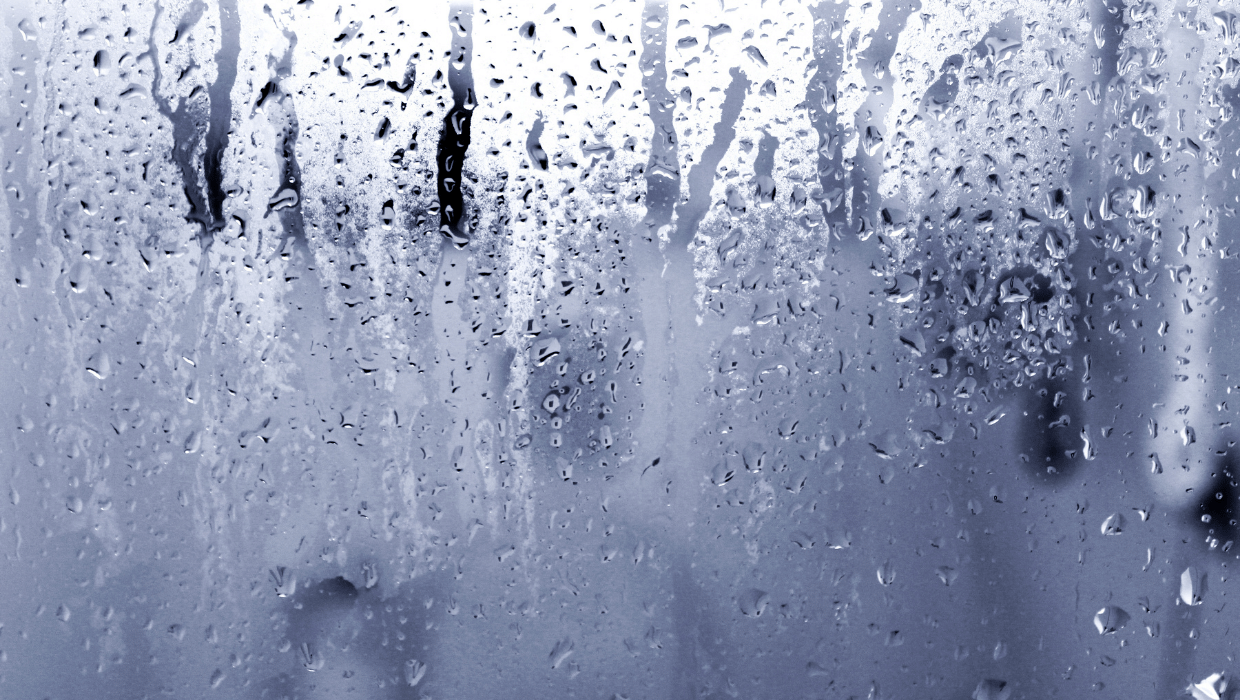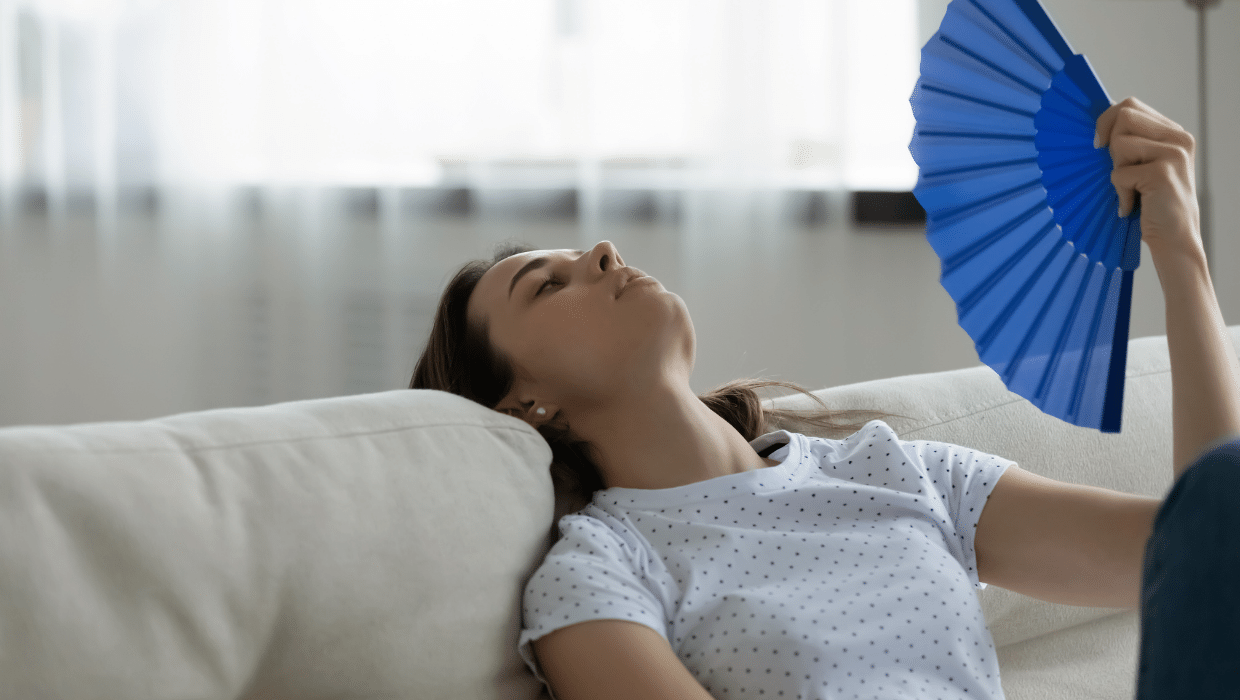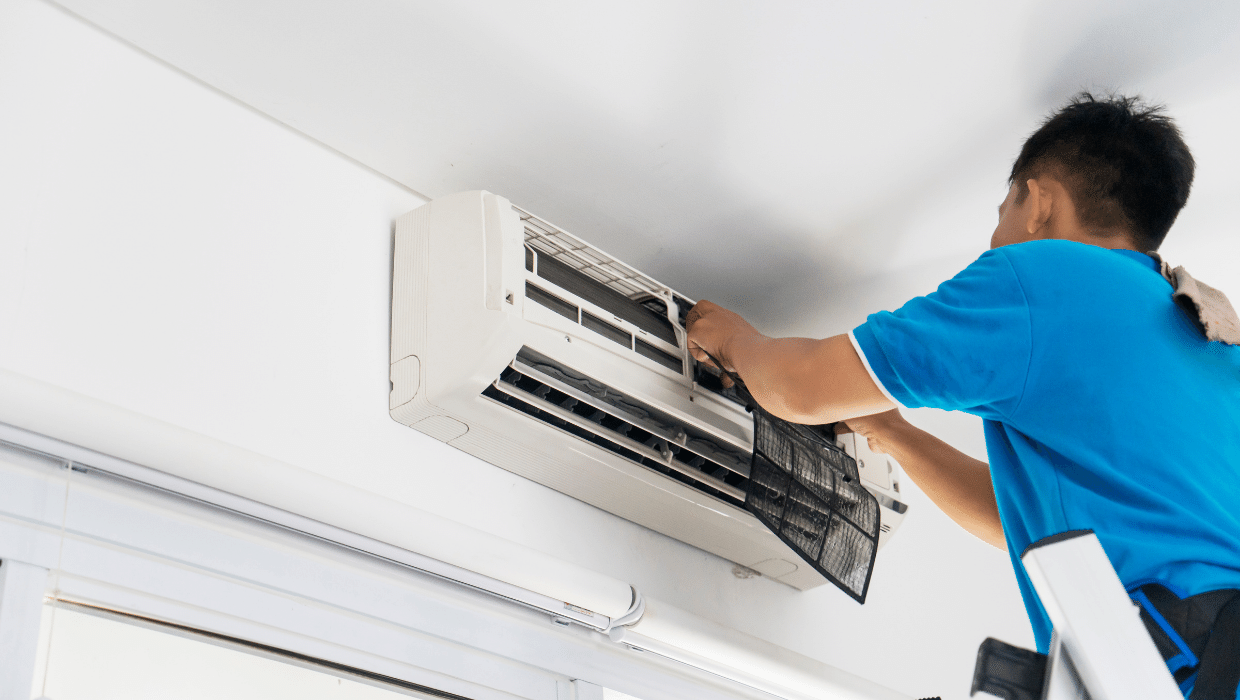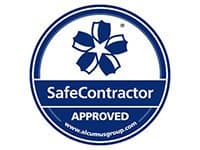When it comes to a comfortable atmosphere, we typically focus on temperatures, but humidity levels in your business or home play a more significant role than you may think.
Also, when we speak about humidity, we immediately think of the weather outside. However, it’s recommended that the humidity level in your home or office should be between 30 and 50 percent.
Spending too much time in a humid environment can make you ill, especially if you have a respiratory infection. For example, viruses have been shown to grow more readily in environments with humidity levels of more than 60%.
So, what is excessive indoor humidity, a safe level, and how can interior humidity affect your body and health? Learn more below.
What Is Humidity?
Humidity is a term that measures the proportion of water vapour in the atmosphere or the measure of dampness. When the temperature and relative humidity are high, the air seems thick, wet, and murky.
Relative humidity considers temperature and refers to the amount of water vapour in the air compared to the amount of water that the air can hold at that temperature. Because warmer air can hold more moisture, relative humidity is vital regarding indoor air quality and home humidity.
Measuring Indoor Relative Humidity Levels
The most efficient way to measure the humidity level is with a hygrometer. A hygrometer is an instrument that functions as a thermometer and a humidity monitor.
It’s possible that your home or business may already have a humidistat. A humidistat is a device that monitors and controls the humidity in your home. They can be attached to most surfaces, but are most often found as a feature of humidifiers or extractor fans.
They resemble and act similarly to a thermostat. The only difference is that instead of sensing temperature and making changes, humidistats measure the relative humidity in the air and respond by turning your humidifier on or off.
If you notice that the humidity levels in your home or business are too high or too low, don’t hesitate to contact a ventilation expert to assist you in regulating the humidity levels.

Managing Humidity Levels in Your Home or Business
There are a few different approaches you can take to control the humidity level in your house and business . Or, at the absolute least, keep it to a minimum throughout the hot summer months. Of course, an air conditioning system will remove some of the moisture from the indoor air. However, this is not its primary role, and its ability to control moisture removal is restricted.
There are also portable dehumidifiers. However, these small units can only service a small area and are noisy. They also require regular maintenance to keep germs and mould from growing in the unit.
Whole-building dehumidifiers or climate control systems are the most effective option. In conjunction with your current heating and cooling system, these devices control the degree of humidity across your entire home or business.
If you have specialist equipment or processes in your business or products which need careful control of humidity levels, you may need to consider tighter humidity controls and sometimes temperature too. If so we can design and install a close control room environment to deliver on these for areas such as CMM rooms or clean rooms.
Humidity and Your Health
Germs and viruses cause disease to thrive and grow in the air with a relative humidity of more than 60%.
Spending too much time in a humid environment can make you ill, especially if you commonly suffer from respiratory infections.
Bacteria and Viruses Thrive in High Humidity
The National Institute of Health issued a report in Environmental Health Perspectives, high air humidity raises the level of fungi and dust mites, two of the worst guilty parties for indoor allergy sufferers.
Furthermore, humid air causes contaminants to remain airborne for a prolonged period before settling onto surfaces. So remember, next time you are sitting in an office full of people, and it has high humidity with people coughing and sneezing all around you, those nasty germs stick around and multiply. And it’s more likely that you’ll inhale them and get ill as a result.
There are a variety of ways that high humidity might harm your health, including:
Trigger Asthma and Other Respiratory Problems
Higher humidity in the home or office fosters the growth of two of the most common and unwelcome asthma and allergy triggers: dust mites and mould.
Dust Mites
Dust mites prefer warm, humid conditions (generally above 70 percent). They are in bed linen, carpets, and mats, curtains, and furniture. Their faeces are the primary offenders, which can become airborne when disturbed.
Moulds and Damp
Mould requires prolonged periods of high humidity to thrive. Therefore, houses or buildings that have higher damp levels may be more at danger of mould growth. Poor ventilation may also cause mould to grow in any room. For example, in a bathroom or bedroom, even if it is not in a humid area.
Even people who do not usually suffer from allergies or asthma can develop adverse reactions to the fungi that grow in high-humidity environments.
Increased Risk of Heatstroke and Heat Exhaustion with High Temperatures
Indoors or out, high humidity and high temperatures can cause overheating. The repercussions can be dangerous.
How come damp air is so much more unpleasant than hot air? This is because humidity impairs your body’s capacity to regulate temperature and cool off. Conversely, too much moisture can raise your body’s temperature.

Here’s how it works. When temperatures rise too high, your body’s defence mechanisms kick in to keep you cool. These are:
• Body sweats
• The increased rate of breathing
• Increased rate of blood circulation
Sweating is crucial, and too much moisture in the air limits it. Sweating cools the body by evaporating sweat. However, sweat cannot evaporate in humid weather because the air is saturated with moisture. Therefore, your body temperature rises instead of decreasing.
The body is then compelled to find other ways to cool down. That’s why, when you get hotter, you may find yourself breathing faster. As a result, your heart pumps less blood to your vital organs and brain. That’s why you’re tired and dizzy. You may feel lightheaded. Muscle cramping, especially in the legs, may occur.
Overhydration causes body overheating because of the loss of body moisture, electrolytes and body salts. Heat exhaustion or heat stroke can occur if your body cannot regulate its temperature.
Worsens Allergies
An allergy occurs when the body’s immune system overreacts to normally harmless environmental substances. Allergens are elements found in pollens, dust mites, moulds, etc.
When an allergen comes into contact with an allergic person, it induces allergic rhinitis or hay fever, which manifests as:
• A sniffling nose
• Coughing and wheezing
• Continuous sneezing
• Itchy or watery eyes and other symptoms
Indoor humidity helps prevent allergy problems if kept at acceptable levels.
Humidity and Chemical Contaminants Released into the Air
Bacteria, mould, and dust mites aren’t the only organisms that thrive in the damp air. Airborne pollutants that cause physical harm rise with dampness.
Some carpets and wood items emit formaldehyde into the air. As a result, off-gassing occurs. The interaction of these toxic compounds with water vapour raises their concentration when the air is too humid. Skin, eye, and throat irritation, and respiratory problems, can result from low-level chemical exposure.
Some Causes of High Humidity Indoors
Now that you understand the truth concerning humidity and health issues learn about some of the causes of high humidity. So you can deal with the problem and feel better in your surroundings.
Not Enough Ventilation
Not having enough fresh air can increase the levels of chemical and organic viruses that cause illness and discomfort caused by humidity. Therefore, a qualified professional’s changes to the HVAC design, such as adding air or re-routing ductwork, can significantly differ in humidity levels.
An Inefficient Air Conditioner
It happens more often than you think. Contractors frequently install air conditioning units that are too powerful for the area. As a result, the unit cycles on and off constantly to focus on maintaining temperature, never running for long enough to remove enough humidity.
To reduce humidity in your room, you may need to reconsider the needed specifications for your HVAC system and ensure that it is correctly sized.

Never Neglect to Maintain Your AC
High humidity in your home or business might be caused by neglected or broken equipment. A tune-up and clean can bring it back to life, with your air conditioning then running more efficiently and doing an effective job.
Poor AC maintenance causes various issues, including high humidity. And those issues are costly in ways you may not previously have been aware of.
Keep Your Cool and Be Comfortable
If you’re concerned that your current system could be causing unhealthy levels of humidity in your building, we may be able to help.
Total Environmental Kooling have over 20 years of experience in ventilation and air conditioning soloutions for homes, offices, and a full range of industrial settings, projects range from small scale single unit installations to complex specialist temperature and humidity controlled rooms.
Call us today at 0117 952 3355 to benefit from our expertise in maintaining the correct humidity in your building.







